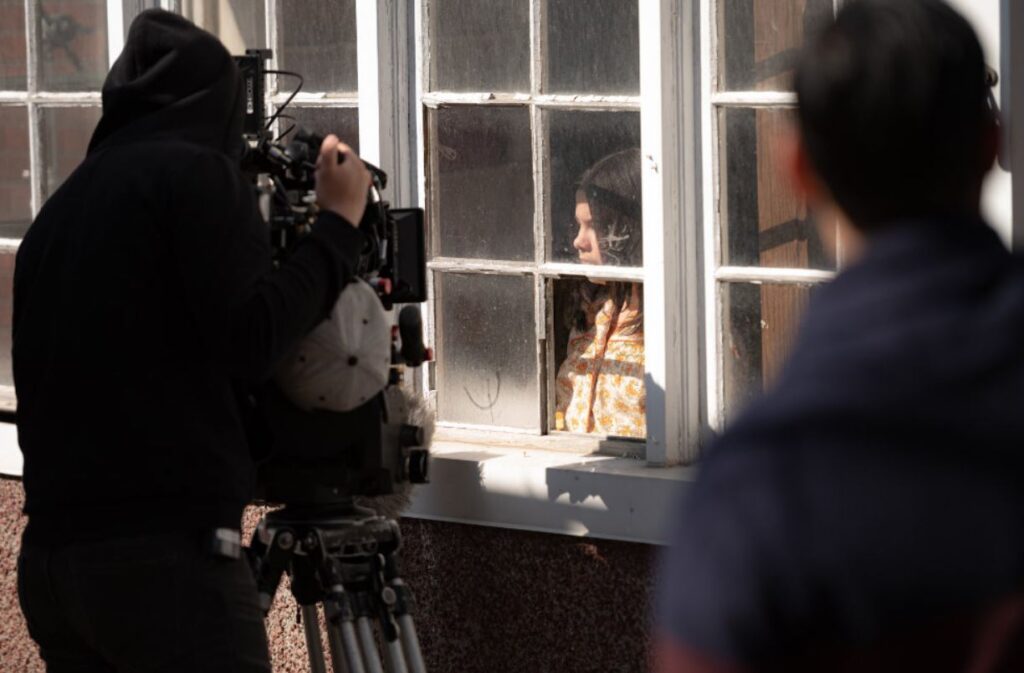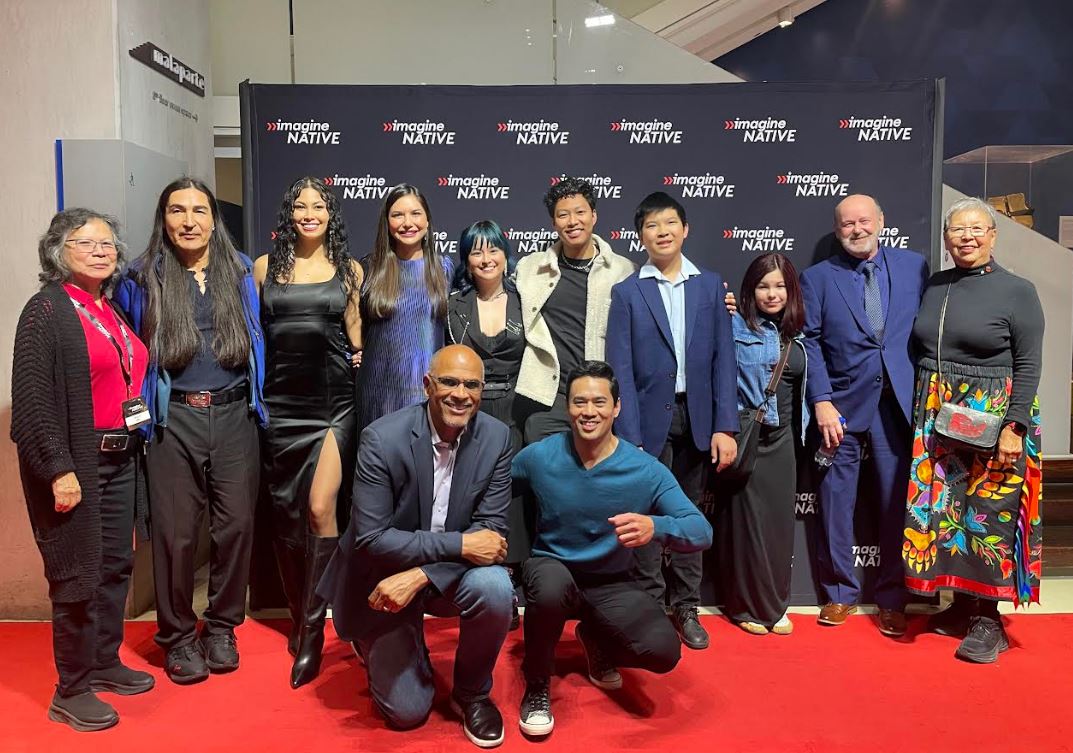Café Daughter, a film directed and written by Shelley Niro, was inspired by the early life of Dr. Lillian Eva Quan Dyck, OC; who overcame many obstacles while embracing her heritage and fulfilling her dream of becoming a doctor (Dr. Dyck would go on to become a neuroscientist and senator.)
Niro, whose own work across artistic mediums continues to challenge stereotypical images of Indigenous Peoples, was initially drawn to the story after a visit from playwright Ken T. Williams.
Williams wrote Café Daughter, as a one-woman drama, which became the springboard for Niro’s screenplay.
“In November of 2019, I was visited by Ken T. Williams, and his research partner, Keith Lock. They asked me if I would be interested in directing a film version of the play. I assumed there was a screenplay already written, but there wasn’t [and] they asked me if I would attempt doing one,” Niro explained. “I dove into it…and then COVID hit, which gave me time and an opportunity to concentrate on the storyline and what the story was all about.”
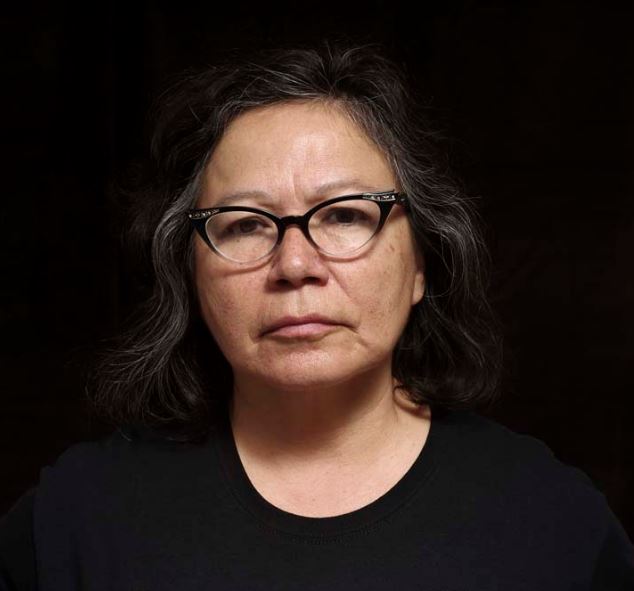
However, as Niro stated in her director’s statement of the story, she felt connected to Yvette Wong, who is the main character.
“I immediately felt a strong attachment to the character of Yvette Wong [whom] I wanted to protect. Yvette is a young girl from a bi-racial (Chinese and Cree) background who is subjected to the accepted racial attitudes of the time. Her teachers and classmates look at her as if she is never going to achieve her goal of becoming a doctor, not only because she is a girl, but because she belongs to a racial minority in Canada,” said Niro.
Niro also explained the importance of the time the story was set in and how Dr. Lillian Dyck, on whom Yvette Wong is loosely based, rises above many hardships and succeeds.
“It’s also a reminder of what people had to live through during the years that are cited in the film starting in the 1950s, going through the 1960s, living under colonial rule. People have an idea that Canada is a loving, welcoming place, but there’s a certain history that isn’t often talked about or represented, “explained Niro. “But this is one of those stories with a great ending, where Lillian does proceed to go on to become this fabulous woman…graduating with the highest marks in the province at the age of 16 and becoming a neuroscientist with the University of Saskatchewan…then a senator and working towards human rights issues. She’s sort of conquered all these adversarial things that were tossed her way.”
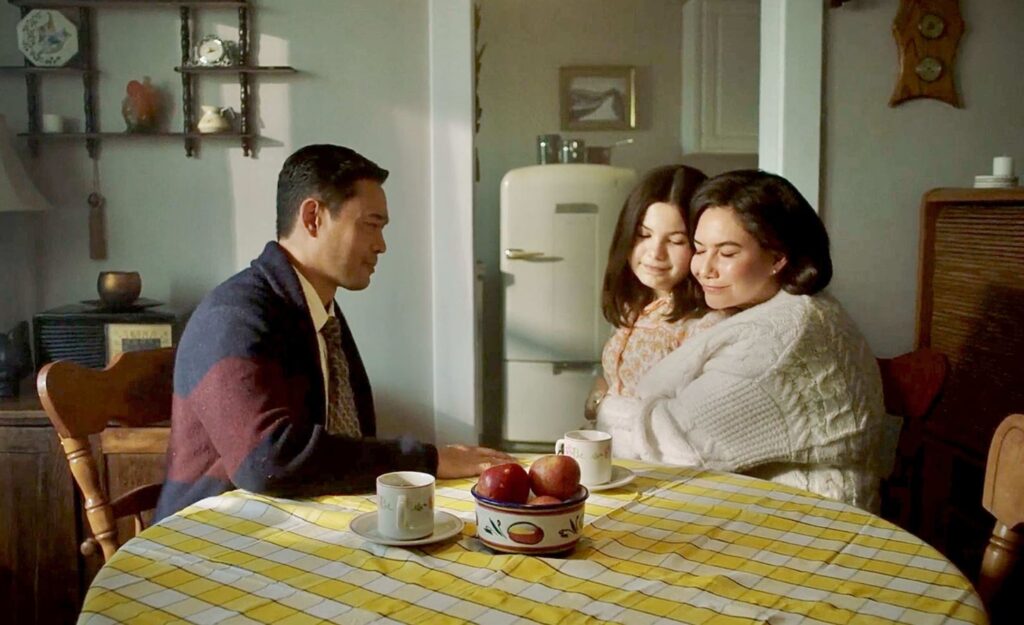
Niro also wanted to expand on developing the characters as well as one key one which was not included in the play.
“The play itself is a one woman play, so the character of Yvette Wong, goes from being her father, her mother, her aunt, and all these teachers on stage. I called Lillian, to get some personal insight and we talked for a long time. She told me she had a brother, and he wasn’t in the play. He was disappointed about not being in it,” Niro stated. “I wrote the brother’s character into the screenplay, which really added a nice layer of humor, and humanity. I also got the father involved [with a bigger part in the film] and really wanted to bring them to life.”
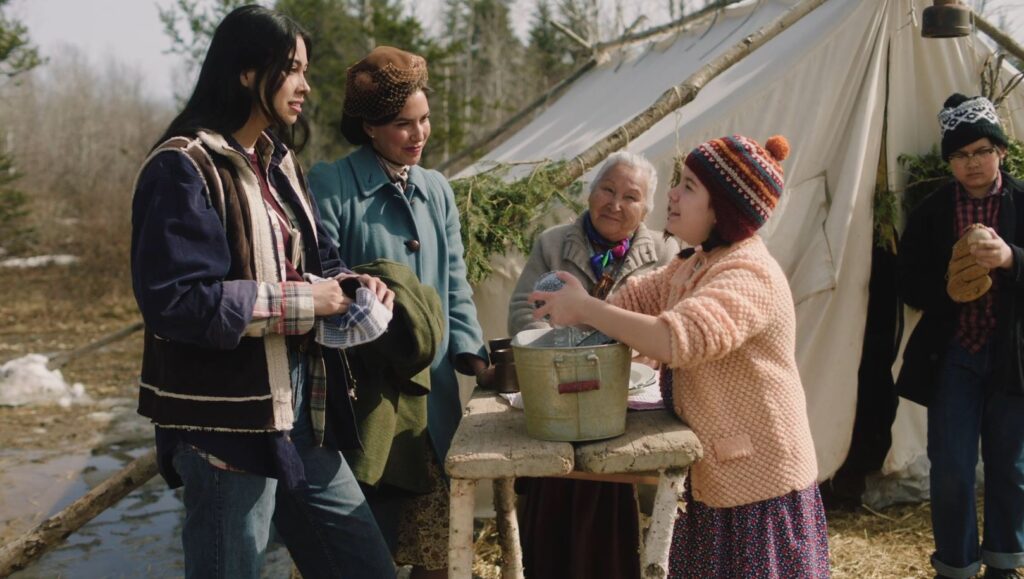
Niro not only directed the film and wrote the screenplay; she was also instrumental in casting it.
“I was part of every aspect of the film including auditioning the actors. We had to do it on Zoom, because of COVID. So that kind of limited us to a certain extent, but at the same time, I could really feel their compassion and their like devotion to the script and to the story,” Niro recounted.
Since premiering in 2023, Café Daughter has gained strong reviews because, as Niro notes, the relationship between the mother and her children has resonated with people.
“People have really responded to the film [and they] can relate to it. It’s a story about a mother who loves her children, trying to warn them, ‘You have to do this, or else it’s going to be unsafe for you.’ So, in that regard, people can relate to aspects of the story [as] they probably went through it themselves,” said Niro.
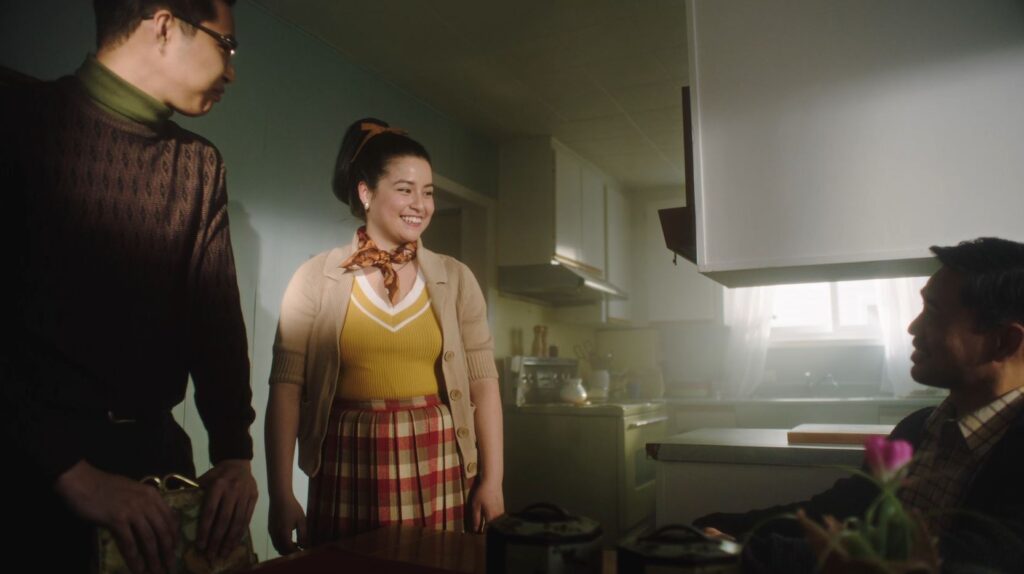
However, Niro believes the story also strikes a chord when it comes to being empathic with those around us.
“I think it’s really about empathy…it’s about seeing somebody else’s lived experience [and] what they’ve had to go through, and giving people space to have that experience and really feeling for them…I think that we have to be aware of people around us and just try to be more empathetic,” Niro concluded.
